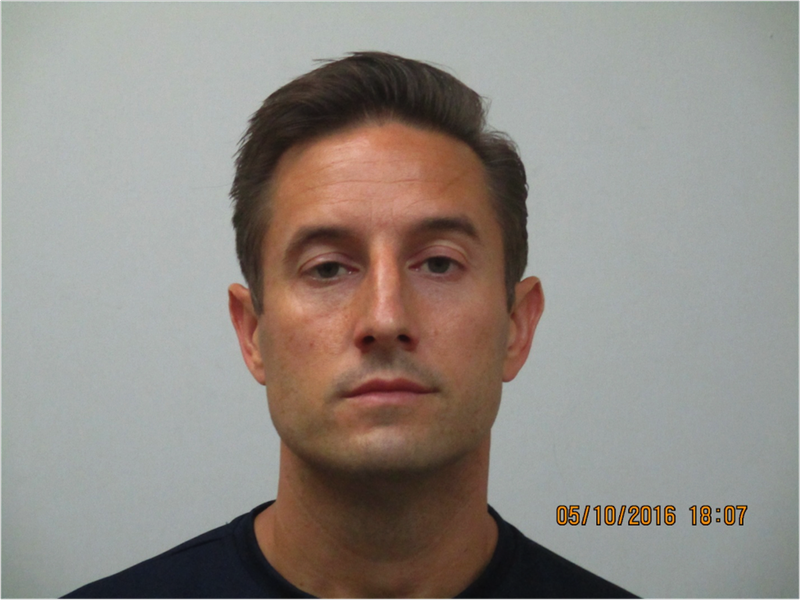Police illegally searched the cellphone of a Sherwood minister that authorities say links him to a trove of online child pornography, a Pulaski County circuit judge has ruled, barring prosecutors from using the device as evidence at his upcoming trial.
Judge Herb Wright also prohibited prosecutors from using the Sherwood police interview with David Glynn Reynolds as evidence because that questioning, about Reynolds' use of the Twitter social media service, only occurred because police had exceeded their authority by examining the phone.
The Arkansas attorney general's office, which is prosecuting the case, has not indicated whether it will appeal Wright's decision, which was released Monday. Prosecutors have limited authority to appeal such a decision.
Reynolds, 42, is charged with 30 counts of distributing, possessing or viewing material depicting sexually explicit conduct involving a child. Each count carries a maximum of 10 years in prison.
Reynolds, a married father of two, had been a pastor at Cornerstone Bible Fellowship for about six years. He was relieved of his duties at the Warden Road church three days before his May 2016 arrest.
Reynolds was removed after he told two church elders that he had been involved with pornography, although he denied involvement with child pornography, the church said in a statement released after his arrest.
The state's attorneys had petitioned the judge to make Reynolds surrender his phone for further examination, but Wright refused in his 15-page ruling.
The judge sided with defense attorney Blake Hendrix in finding that Sherwood detective Frank Spence had exceeded the authority granted through a search warrant by seizing Reynolds' phone. Investigators performed a quick computer analysis of the phone and quickly returned it to him.
"Though the warrant itself was valid, in executing that warrant, the detective overstepped his bounds and extended that search warrant into a personal search of the defendant that would be more appropriate in an arrest-warrant scenario," Wright wrote.
The judge also found fault with how Spence pressured Reynolds into allowing police to examine his phone. Spence told Reynolds that if he did not unlock the device for investigators to examine it, they would get a court order to compel him to give them access to the device.
"Any statements made as a result of the illegal access to this phone or the representation to the defendant that they could get a judge to compel him to unlock the phone were gained by the police's improper extension of a ... warrant to a search of the defendant's person," the ruling states.
"As the statements came about by exploitation of that warrant, the court will not permit them to be used ... against the defendant."
The house search was legally conducted under the warrant, the judge ruled, rejecting accusations that Spence had violated Reynolds' rights when the detective questioned the pastor during the house search.
But the subsequent formal police interrogation cannot be used against Reynolds because it is "the fruit of the poisonous tree," according to the judge.
Reynolds was questioned about whether he used the Twitter service, and that line of questioning by police only came about because of the illegal phone examination, Wright stated. The "fruit" reference is a well-known legal metaphor describing evidence obtained illegally.
The investigation that led to Reynolds began in January 2016 after the National Center for Missing and Exploited Children contacted Spence about someone using Twitter to dispense or view child porn through its direct-messaging feature.
Authorities determined the account had been accessed numerous times by users. Spence was able to link one user, identified as sweettoothcandy3, to Reynolds' home, court filings show.
The center for missing children followed up with information that another user, Ethanluvs TS, which police also traced to Reynolds' home, had uploaded child pornography to the account.
Investigators searched the house in March 2016, which is when Reynolds' phone was taken and examined. Reynolds denied having a Twitter account, and the quick phone search found nothing.
But investigators had also copied the phone's contents, and a later review of the information from the device showed that the Twitter application had previously been installed on the phone and the application had been linked to the sweettoothcandy3 account. Authorities wanted to examine the phone further to pursue that connection.
Metro on 09/22/2017

